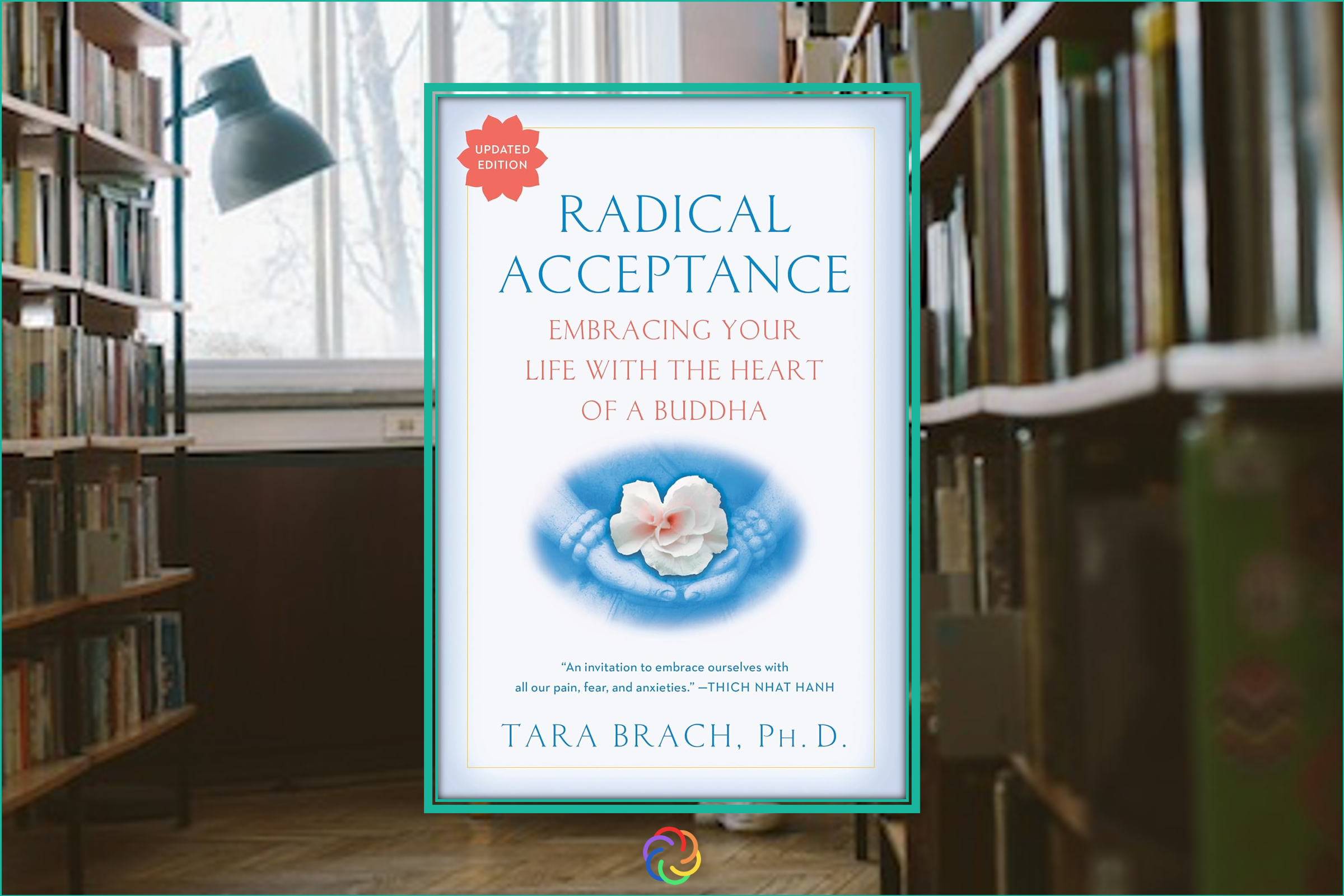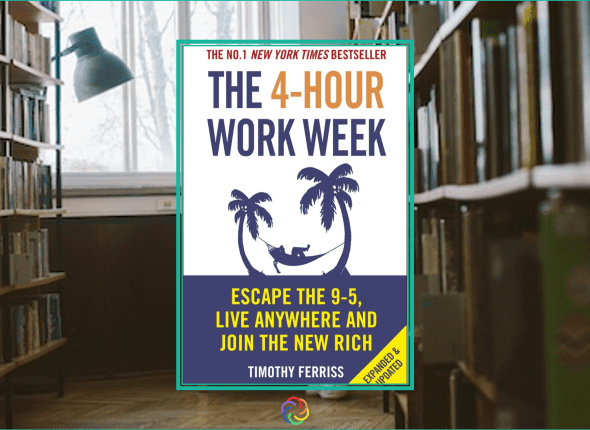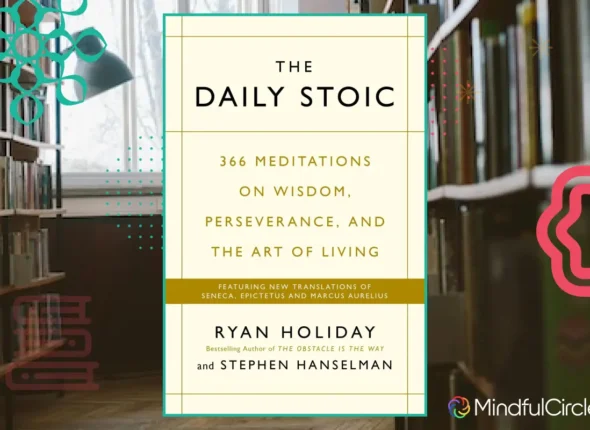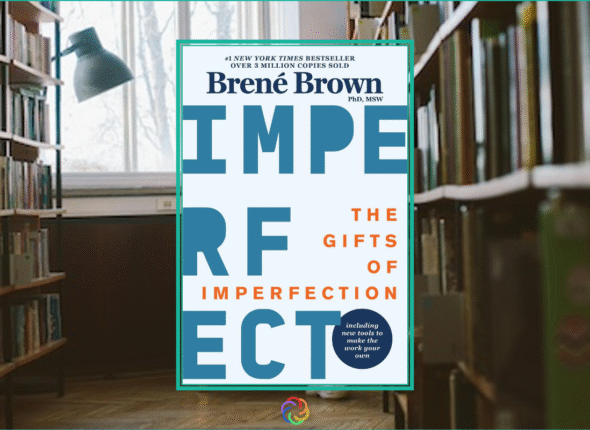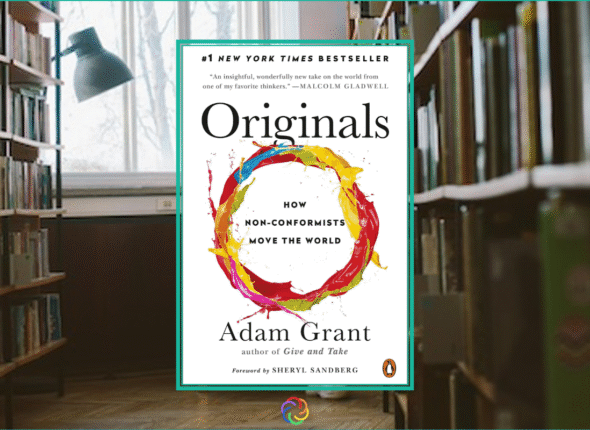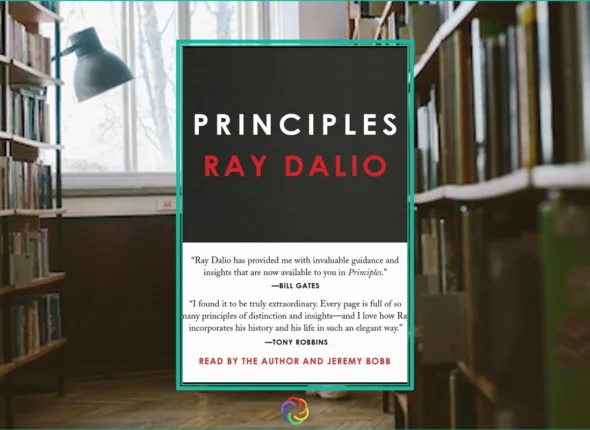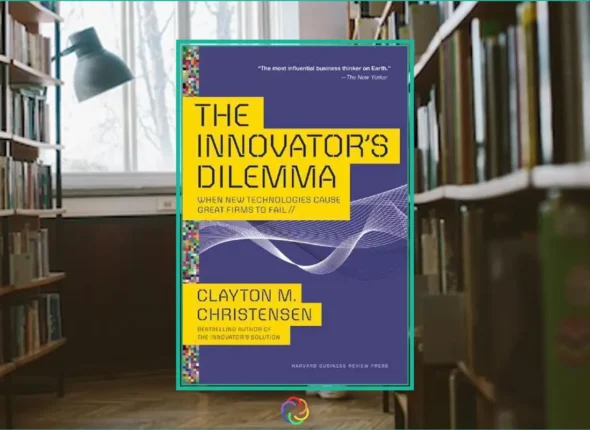Radical Acceptance by Tara Brach: Embracing Your Life With The Heart of a Buddha
Tara Brach’s Radical Acceptance is a profound exploration of how self-compassion and mindfulness can transform our lives. As a clinical psychologist and Buddhist meditation teacher, Brach seamlessly integrates Eastern spiritual traditions with Western psychotherapy. Over decades of teaching, she has become a leading voice in guiding individuals to heal from self-judgment and emotional suffering.
This book, which has resonated with millions of readers, is particularly impactful in today’s fast-paced, achievement-oriented world. It encourages us to stop chasing perfection, release our constant self-criticism, and instead embrace ourselves—flaws and all. Brach’s compassionate voice, combined with her practical advice, offers an accessible path toward emotional freedom and deeper inner peace.
The Perception of the Book
Radical Acceptance is widely regarded as a seminal work in the fields of mindfulness and self-compassion. Brach has received praise from thought leaders like Jon Kabat-Zinn, Sharon Salzberg, and Brené Brown for her ability to distill Buddhist principles and meditation practices into a format that speaks to Western audiences. It is especially appreciated by those dealing with feelings of inadequacy, self-criticism, or the pressure of perfectionism. Her teachings have helped many learn to live with more ease, authenticity, and compassion for themselves and others.
In essence, Brach shows how the act of accepting ourselves fully—not just the parts we like—can free us from the cycle of self-doubt and emotional pain.
Perhaps the biggest tragedy in our lives is that freedom is possible, yet we can pass our years trapped in the same old patterns.
This sets the stage for a journey of healing, growth, and personal liberation.
The Core Concept: Radical Acceptance
The main premise of the book is simple yet powerful: the idea of radical acceptance—fully accepting ourselves and our circumstances without judgment. It is about recognizing both our light and our shadow, our successes and our flaws, and embracing them all with kindness.
Brach explains that we often live under the illusion that we must fix ourselves, that we’re not enough as we are. This belief leads to a “trance of unworthiness,” where we constantly feel like we’re falling short. Instead of rejecting our imperfections, she teaches us to accept them as part of the human experience.
Radical acceptance is the willingness to experience ourselves and our lives as it is.
This isn’t about giving up or resigning ourselves to failure. It’s about letting go of the idea that we need to be perfect in order to be loved, happy, or at peace. Through radical acceptance, we begin to see ourselves with the same kindness and compassion we would offer a dear friend.
The Trance of Unworthiness
One of the core issues Brach addresses is what she calls the “trance of unworthiness.” Many of us live our lives believing that we are fundamentally flawed—that no matter what we achieve, we’re still not good enough. This deep-seated belief keeps us trapped in cycles of shame, anxiety, and self-doubt. We might be successful in our careers, have meaningful relationships, and achieve our goals, but there’s still that nagging voice inside telling us we’re not enough.
Believing that something is wrong with us is a deep and tenacious suffering.
This suffering keeps us disconnected from ourselves, others, and the world around us. Instead of living fully, we get stuck in mental cages of self-judgment and inadequacy. These feelings often lead to self-destructive behaviors—whether it’s overeating, numbing out with alcohol or drugs, or avoiding meaningful connections.
Brach encourages us to step out of this trance by recognizing that these feelings of unworthiness are not facts; they’re conditioned responses to our experiences and culture. Through mindfulness, we can begin to see these patterns more clearly and gently let them go.
Western Culture and the Myth of Perfection
Brach also critiques how Western culture fuels this sense of unworthiness. In many ways, our society pushes us to achieve, compete, and constantly measure ourselves against impossible standards. From a young age, we’re taught that mistakes are unacceptable, and only through perfection can we be successful or worthy.
Brach refers to the story of Adam and Eve to illustrate how deep this belief goes. In many religious traditions, humans are seen as inherently flawed, needing redemption to enter paradise.
We’re taught that there’s something wrong with us just by virtue of being human.
This creates a mindset that we must constantly strive for redemption or approval—whether from a higher power, from society, or even from ourselves.
She offers a counter-perspective from Buddhism, which teaches that imperfection is a natural part of life. Instead of trying to fix ourselves, we should focus on accepting ourselves as we are, recognizing that:
Imperfection is not our personal problem—it is a natural part of existing.
Mindfulness: The Key to Breaking the Cycle
Mindfulness is a central practice in Radical Acceptance. By being fully present in the moment, we can observe our thoughts and emotions without getting swept away by them. Brach teaches that through mindfulness, we can begin to recognize the patterns that keep us trapped in the trance of unworthiness.
For example, when a wave of self-criticism or anxiety arises, instead of reacting automatically, we can pause, take a breath, and observe what’s happening.
We cannot stop the storm, but we can choose not to be swept away by it.
This practice of the sacred pause allows us to step back from our habitual responses and see things with greater clarity.
By cultivating mindful awareness, we can notice when we’re caught in the grip of shame or self-doubt and choose a different path. This doesn’t mean we eliminate negative emotions, but rather that we create space to acknowledge them without letting them control us.
The Two Wings of Radical Acceptance: Recognition and Compassion
Brach describes radical acceptance as having two wings: recognition and compassion. These two elements work hand in hand to free us from the cycle of suffering.
The first wing, recognition, involves seeing our thoughts, emotions, and experiences clearly, without distortion. This means acknowledging both the pleasant and the unpleasant aspects of life without turning away. When we’re able to recognize our feelings of shame, fear, or anger, we can name them and give them space to be.
Once we recognize what’s happening, we can move into the second wing: compassion. This involves responding to our pain and difficulties with kindness rather than judgment. Instead of berating ourselves for feeling unworthy or afraid, we offer ourselves understanding and care.
When we stop fighting against ourselves, we begin to be kind and compassionate to ourselves.
Through these two wings, we learn to accept our emotions and experiences without resistance, creating a space where healing can occur.
The Sacred Pause: Creating Space for Change
A powerful tool Brach offers in the book is the sacred pause. This is the simple but transformative practice of pausing when we find ourselves caught in strong emotions or habitual reactions. By taking a moment to breathe and observe what’s happening, we create space between our feelings and our response.
The first step of radical acceptance is to practice the sacred art of pausing. This allows us to fully access our intelligence and heart.
Over time, the practice of pausing helps us break free from automatic patterns of behavior, allowing us to make choices that are more aligned with our true selves.
Compassion: A Kind and Constant Friend
Compassion is at the heart of Radical Acceptance. Brach emphasizes that one of the greatest acts of kindness we can offer ourselves is to simply be with our pain, without trying to fix or change it. When difficult emotions like fear or anger arise, we often try to push them away or distract ourselves. But Brach encourages us to invite them in, to sit with them as we would with a friend in distress.
Offering our pain into a boundless heartspace.
By acknowledging our pain with compassion, we rob it of its power. It becomes less overwhelming and more manageable, and eventually, it begins to dissolve.
Through compassion, we also reconnect with the inherent goodness within ourselves. As Brach explains,
Radical acceptance is about reminding ourselves that we are inherently good and worthy of love.
By accepting our flaws and imperfections with kindness, we come to see that our true nature is not defined by our mistakes but by our capacity for love and connection.
The Story of Mohini: Breaking Free from Old Patterns
Brach uses the story of Mohini, a white tiger who spent years in a small cage, as a metaphor for the mental cages we create for ourselves. Even when Mohini was moved to a spacious enclosure, she continued to pace in a small area, as if she were still confined.
This story illustrates how we, too, can remain stuck in old patterns of thought and behavior, even when freedom is possible. Through the practice of radical acceptance, we can break free from these mental cages and step into a broader, more expansive life.
The Golden Buddha: Rediscovering Our True Nature
One of the book’s most powerful metaphors is the story of the golden Buddha. In this story, a golden Buddha was covered in mud and concrete to protect it from invaders. Over time, people forgot that the statue was golden beneath the layers of dirt.
Brach uses this metaphor to remind us that beneath our layers of self-judgment, shame, and unworthiness, we are inherently good. Our true nature—our “Buddha nature”—is always there, waiting to be rediscovered. As we chip away at the mud of self-criticism through mindfulness and compassion, we uncover the gold that lies within.
Conclusion: The Path to Freedom
In Radical Acceptance, Tara Brach offers a compassionate and practical guide to breaking free from the cycle of self-judgment and emotional suffering. By embracing ourselves with kindness and mindfulness, we can step out of the trance of unworthiness and live more fully in the present moment.
The boundary to what we can accept is the boundary to our freedom.
By accepting ourselves as we are, we open the door to greater freedom, peace, and connection with ourselves and others. This book is a profound reminder that healing begins not with fixing ourselves but with loving ourselves, just as we are.
View other book summaries you might like
The 4-Hour Workweek by Tim Ferriss – Book Summary
- September 16, 2025
- Com 0
“Escape 9–5, Live Anywhere, and Join the New Rich” Author & Book Overview Timothy Ferriss is a bestselling author,...
The Daily Stoic by Ryan Holiday and Stephen Hanselman – Book Summary
- September 9, 2025
- Com 0
Introduction: Authors, Impact & Conversation When The Daily Stoic was released in October 2016, few could have predicted the quiet...
The Gifts of Imperfection by Brené Brown – Book Summary
- September 2, 2025
- Com 0
About the Author and Book Brené Brown is a renowned researcher at the University of Houston, best known for her...
Originals: How Non-Conformists Move the World by Adam Grant – Book Summary
- August 26, 2025
- Com 0
Overview: Author, Reception & Critique Adam Grant, Wharton professor and acclaimed organizational psychologist, authored Originals (2016), which became a global...
Principles: Life and Work by Ray Dalio – Book Summary
- August 5, 2025
- Com 0
The life journey behind the principles: From Long Island to leading one of the most influential hedge funds in the...
The Innovator’s Dilemma by Clayton Christensen – Book Summary
- July 29, 2025
- Com 0
How successful firms lose their market edge by doing everything they’re supposed to do right About the Author and the...

